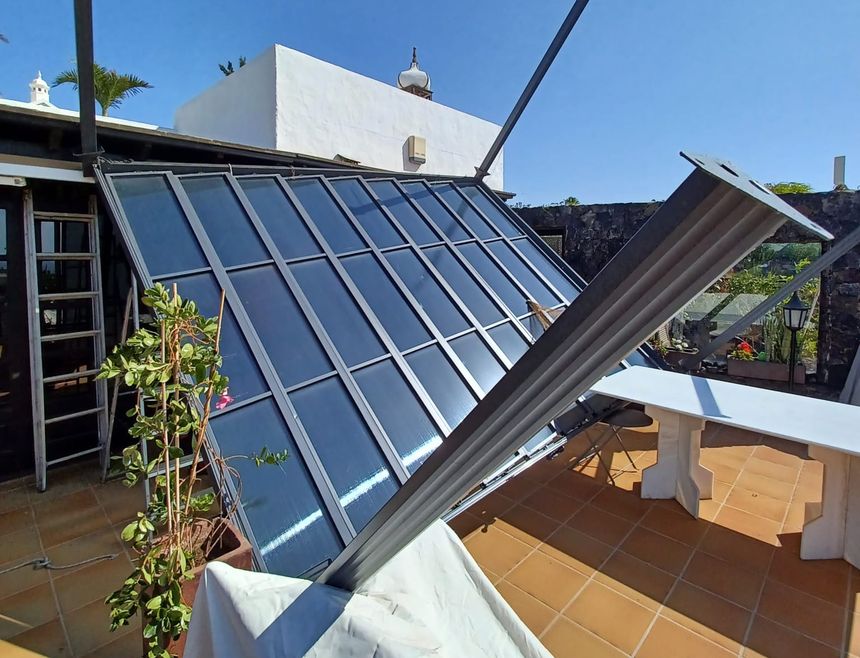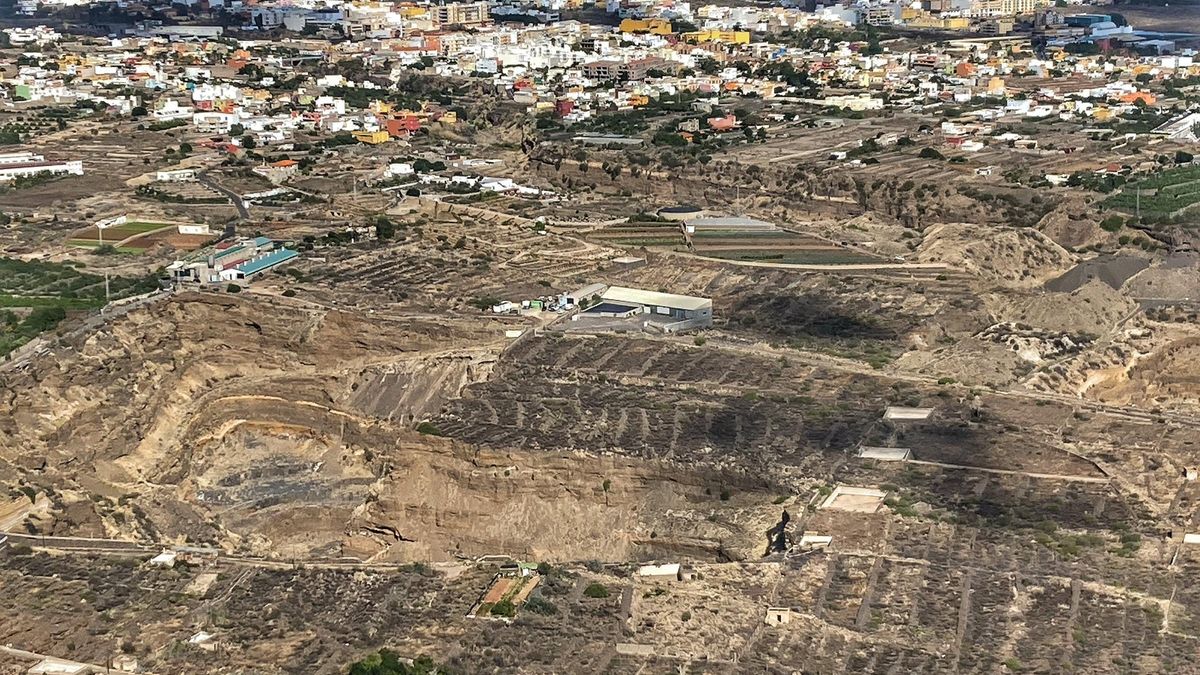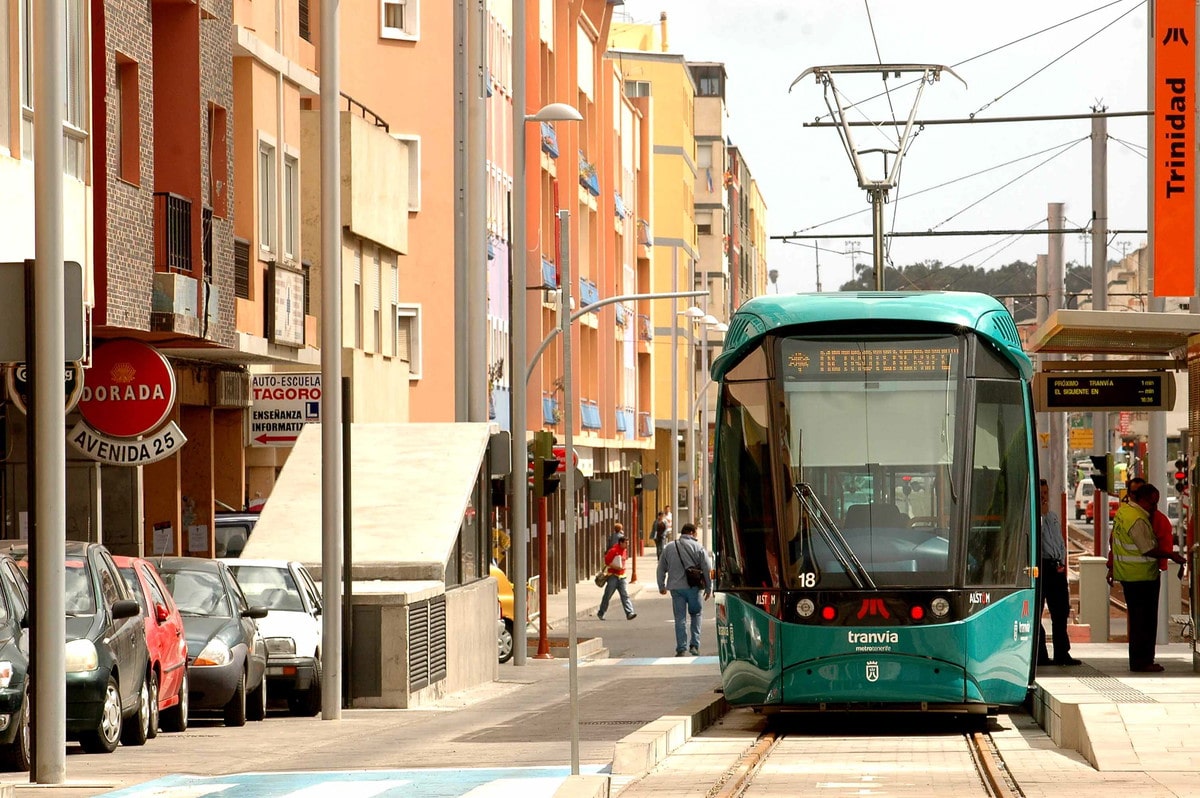- The Cabildo Launches a Sustainable Dragon Fruit Cultivation Project in Tenerife
- Vice President Lope Afonso emphasises that “this agreement positions Tenerife as one of the leading islands in agricultural diversification and innovation in high added-value tropical crops, such as dragon fruit, which is seeing increasing demand both nationally and internationally”
- Councillor Valentín González highlights that “this project represents another step in the Tenerife government’s commitment to a sustainable agricultural model, adapted to climate change and with economic growth potential”
The Cabildo Launches a Sustainable Dragon Fruit Cultivation Project in Tenerife
Vice President Lope Afonso emphasises that “this agreement positions Tenerife as one of the leading islands in agricultural diversification and innovation in high added-value tropical crops, such as dragon fruit, which is seeing increasing demand both nationally and internationally”
Councillor Valentín González highlights that “this project represents another step in the Tenerife government’s commitment to a sustainable agricultural model, adapted to climate change and with economic growth potential”
The Cabildo de Tenerife, through the Department of Primary Sector and Animal Welfare, has approved a specific collaboration agreement with the Canary Islands Institute of Agricultural Research (ICIA) for the development of the PITAMED project. This national initiative aims to promote the sustainable cultivation of dragon fruit through applied research, technological transfer, and innovation.
Vice President Lope Afonso notes that “this agreement positions Tenerife as one of the leading islands in agricultural diversification and innovation in high-value tropical crops, such as dragon fruit, whose demand is growing nationally and internationally. It is a project of general interest, with state financing and technical leadership from Tenerife and the Canary Islands.”
The Councillor for the Primary Sector and Animal Welfare, Valentín González, states that the PITAMED project “forms part of the funding call from the Spanish Guarantee Fund for Agriculture (FEGA), within the strategic framework of the CAP, and has been approved by the European Innovation Partnership (AEI-Agri).”
The Cabildo de Tenerife participates through its Technical Agricultural Service as a member of the operational group alongside ICIA, ANECOOP, COAGRISAN (Gran Canaria), the University of Almería, and other sector entities. The approved agreement allows for a contribution of €43,120, which will be managed by ICIA under the island’s 2025 budget.
Both Afonso and González highlight that the objectives of the PITAMED project are to “evaluate varieties of dragon fruit and cultivation systems in greenhouses and outdoors, study irrigation needs, fertilisation, and pest control, improve artificial pollination and post-harvest techniques, design a protocol for processing as a ready-to-eat product, and disseminate results among producers and professionals in the sector, among other goals.”
The project is set to run from September 2025 to January 2027, with the possibility of extension.
Furthermore, a joint monitoring committee will be established between ICIA and the Cabildo to ensure adherence to technical, scientific, and budgetary compliance of the activities.
“This agreement represents another step in the Tenerife government’s commitment to a sustainable agricultural model, adapted to climate change and with economic growth potential. Dragon fruit, as a low-water-consuming crop, aligns with the objectives of water efficiency and the demands of today’s consumers,” emphasised Lope Afonso and Valentín González.
Additionally, Valentín González remarked that “this project addresses the island government’s desire to diversify agricultural production, while also applying innovation and technology in critical areas such as reducing water consumption. The sustainable development of dragon fruit cultivation in Spain has a particular focus in Tenerife, as it will ensure its profitability, contribute to agricultural diversification, and reduce the water consumption associated with other crops,” González stated.














